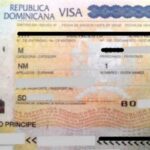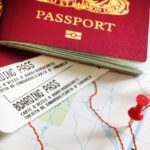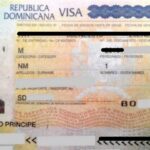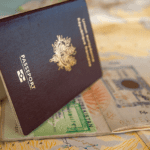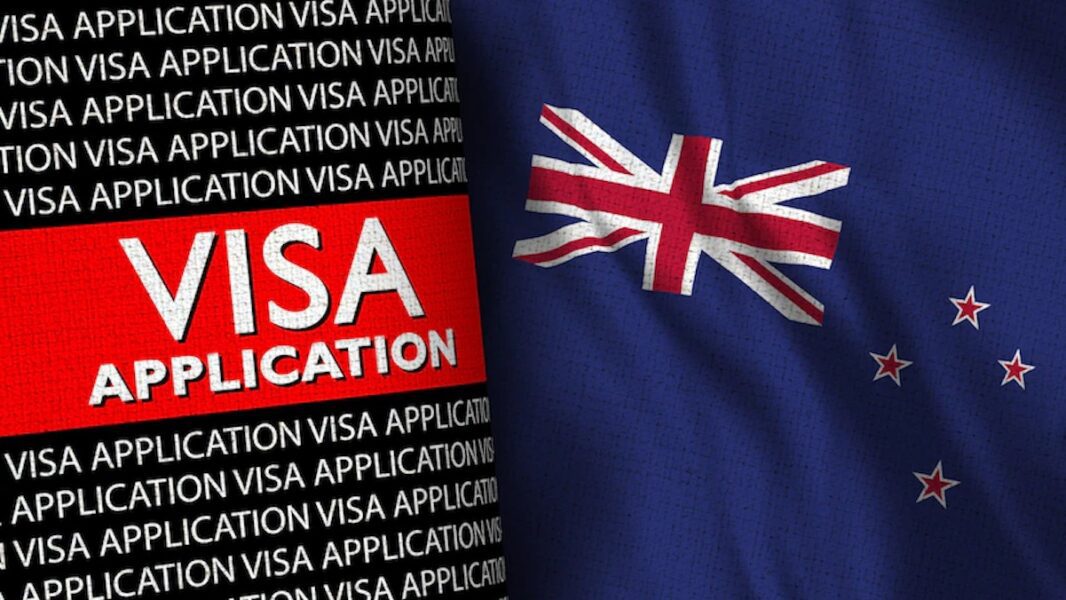
As an avid traveler who has explored over 15 countries in the past 7 years, I was disappointed to hear that New Zealand recently announced a visa fee hike starting February 2023. As someone who has already applied for and received multiple New Zealand visas during my travels, I wanted to provide some guidance to fellow travelers on what to expect and how to prepare with the updated fees. Read below about “New Zealand Visa Fees Hiked – What Travelers Need to Prepare For?”.
In my experience obtaining visas around the world, fee increases are common as governments reassess administrative costs. However, as New Zealand continues to rebuild its tourism industry post-pandemic, the timing of this price hike seems questionable. As travelers slowly regain confidence in overseas travel, inflated visa costs could deter people from choosing New Zealand as a destination.
Table of Contents
What the New Zealand Visa Fee Changes Include
Based on the announcement from Immigration New Zealand, here is a summary of the key visa fee changes:
- Visitor visa fees will increase NZD$15-30 depending on the type of visa
- Work visa applications will go up NZD$10-70
- Resident visa fees will rise NZD$80-140
- Various other visa categories will also now cost more to apply for
The changes take effect on February 27, 2023. Any applications submitted after that date will be subject to the updated processing charges.
For example, applying for a New Zealand Visitor Visa online currently costs NZD$208 but will soon cost NZD$238. For a multiple entry Traveler Visa valid for 2 years, the fee will jump from NZD$338 to NZD$368. Annual working holiday visas will also bump from NZD$278 to NZD$308 per application.
As someone who has successfully applied for both short-term and long-term visitor visas to New Zealand, I have first-hand experience with the process. While an increase of NZD$30 may not seem substantial, it does add up, especially for repeat travelers or those applying for full work or residency visas. Families applying together also have to account for fees per person, so costs can quickly escalate.
Why Did New Zealand Decide to Increase Visa Fees?
As quoted in the official notice, the New Zealand government states the fee hikes “ensure fees reflect the cost of providing immigration services, encourage the efficient administration of the immigration system, and help manage total immigration numbers.”
Essentially, it comes down to bureaucracy and budgets. Processing visa applications requires staff and system resources. Government officials seem to believe hiking the fees will generate revenue to offset those operational expenses. Charging higher amounts may also deter visa applicants that don’t have an earnest reason to travel or move to New Zealand.
However, when looking at the actual data, tourism and immigration to New Zealand drastically declined over the past few years due to the pandemic. Raising visa fees now counterintuitively de-incentivizes visitors from rebooting the struggling tourism sector. It also hampers migrant workers and families from choosing New Zealand to restart their lives as borders reopen.
For example, during my first Working Holiday Visa stay in Auckland pre-pandemic, I met hospitality employers struggling to find enough staff. Increasing work visa costs will hardly help businesses fill those labor shortages, which the pandemic badly exacerbated.
Similarly, as an Indian immigrant to New Zealand myself, I can attest that the country promotes itself as welcoming and accessible to new residents. Yet the sticker shock of yet higher visa and residency fees could deter newcomers from considering starting a new life here, impacting New Zealand’s future workforce.
Am I Still Willing to Pay Increased New Zealand Visa Fees?
For myself as a repeat visitor and former immigrant to New Zealand, the increased visa charges probably won’t deter me from returning. Having already made the 30+ hour flight multiple times, and fallen in love with the stunning landscapes, I’m willing to swallow the extra cost.
However, I worry the hikes may prevent others from discovering how incredible this country is if budget is their main travel consideration. For less-established travelers on working holiday visas, an extra NZD$30 is a couple more meals or a tankful of gas during their travels.
The fee bump also adds up for families. As an example, a family of four applying for standard Visitor Visas would now pay nearly NZD$100 more overall compared to before based on the updated fee schedule. For moving an entire household, those extra resident visa expenses tally up very fast.
While I can personally afford the higher visa expenses, I sympathize with travelers facing tough decisions because of the additional financial burden, especially younger backpackers and lower-income families hoping to visit or relocate here.
How Travelers Can Prepare for the New Zealand Visa Fee Hikes
If you are planning an upcoming trip to New Zealand or applying for a longer-term visa, here are some pro tips on how to prepare for the upcoming fee increases:
Apply Now to Beat the Deadline If you submit your complete visa application before February 27, 2023, you can still benefit from the current lower fees. Pay attention to processing times so that if your visa gets approved after the effective date, you still locked in the lower rate by applying early.
Factor the Costs into Your Budget When calculating costs of car rental, accommodation, insurance, etc, make sure to account for the updated visa charges based on your situation. Having sticker shock later can blow your budget, so do the math ahead.
Consider All Types of Visas

With fees rising across different visa categories, look into which option(s) apply to your situation and travel purpose. For example, the hike seems lower for some Working Holiday Visas compared to Visitor Visas.
Look into Discounts Some travelers, such as Australian passport holders and those traveling for medical treatment or with special reasons may still be eligible for visa fee waivers. Check if any exceptions allow you to bypass the higher rates.
Consider Alternatives
If the updated fees now bust your budget, investigate whether other destinations better fit your financial reality. Weigh if you still wish to absorb the extra cost to visit New Zealand versus a more affordable alternative abroad.
As someone who truly appreciates everything New Zealand has to offer global travelers, I hope these new processing rates don’t deter people from the immense beauty of these islands. Yet with bureaucratic budgets prioritized over reviving tourism, the coming years may challenge travelers to decide if the increased visa fees warrant the long flight here. I hope you like reading “New Zealand Visa Fees Hiked – What Travelers Need to Prepare For?”.
For those still eager to visit post-pandemic, hopefully planning ahead for the hikes and picking optimal visa types will cushion the impact to your wallet. And perhaps after officials see the direct correlation of deterred visitor numbers from the fee spikes, the government may reconsider lowering costs again soon.

Visa Expert, Arun Yadav is an accomplished immigration lawyer specializing in Spouse Visas, Visa consultant, Study Visas, and low-budget fund advising all across the world. With a Master’s degree in Immigration Law and 8+ years extensive experience in the field, Arun has cultivated a reputation for excellence and reliability by helping 3000+ clients for Visa consultation. He is dedicated to bridging education opportunities and securing visas for his clients. Explore expert advice and immigration tips on his Instagram profile: @visaexpertarunyadav. Follow his insightful content and benefit from his professional guidance in navigating the complexities of immigration law and visa acquisition.

